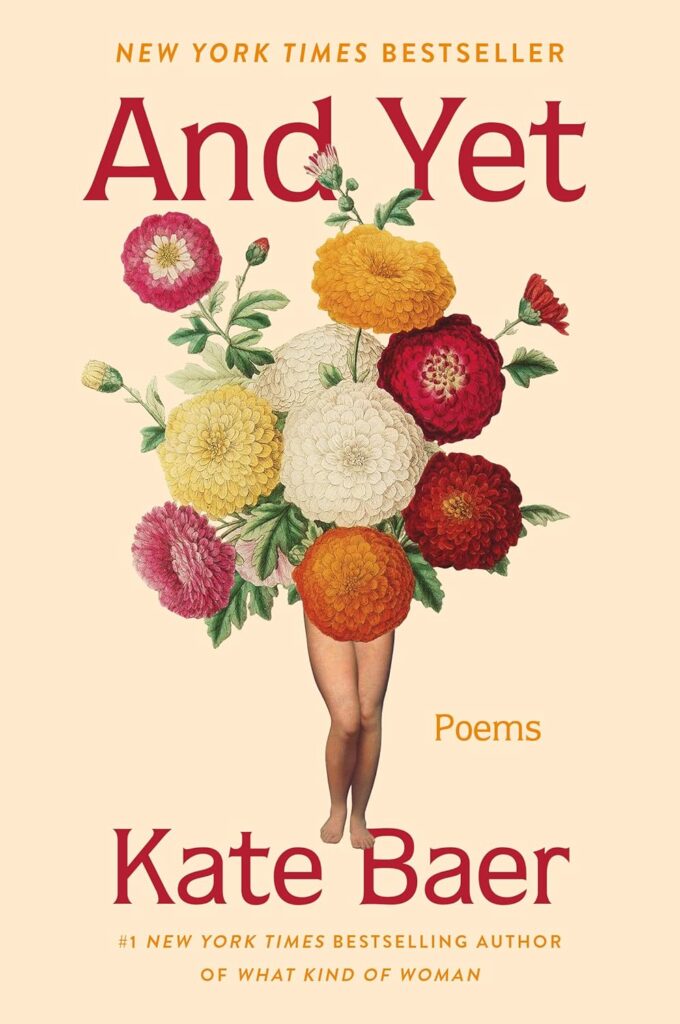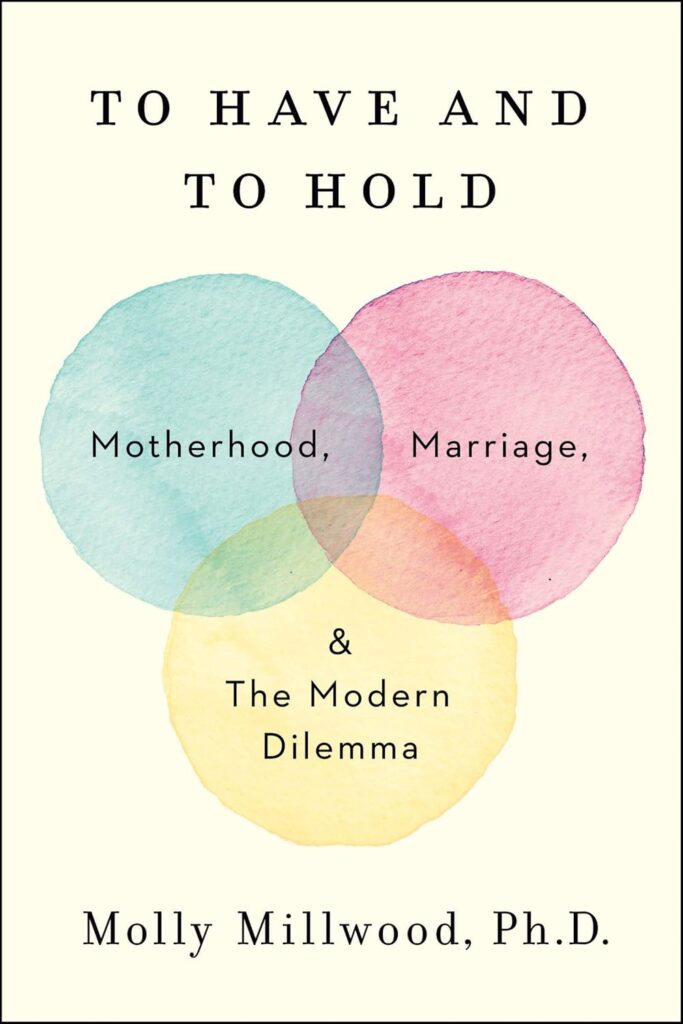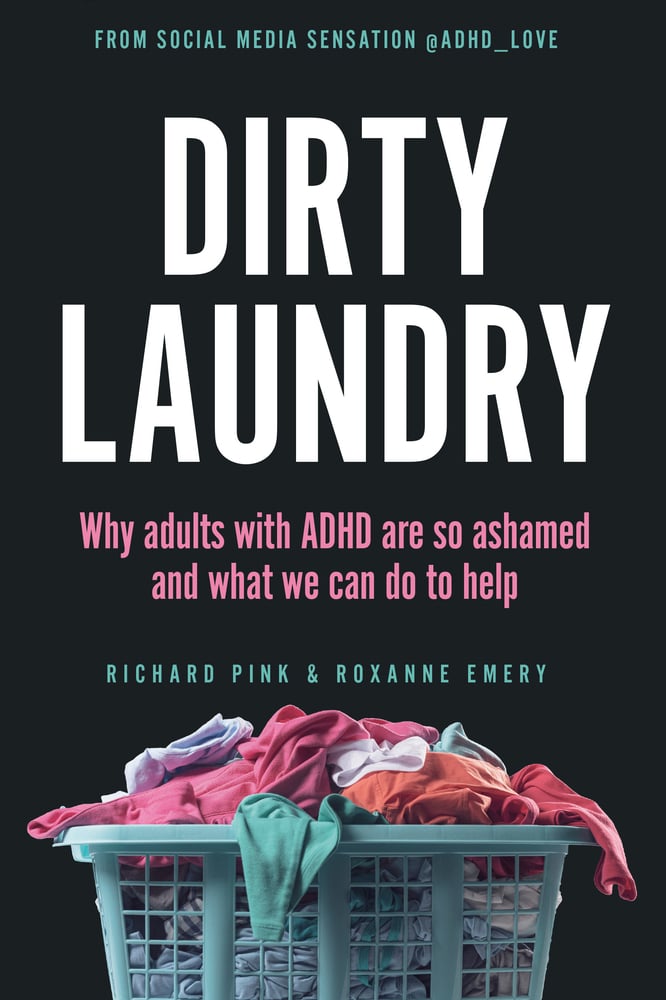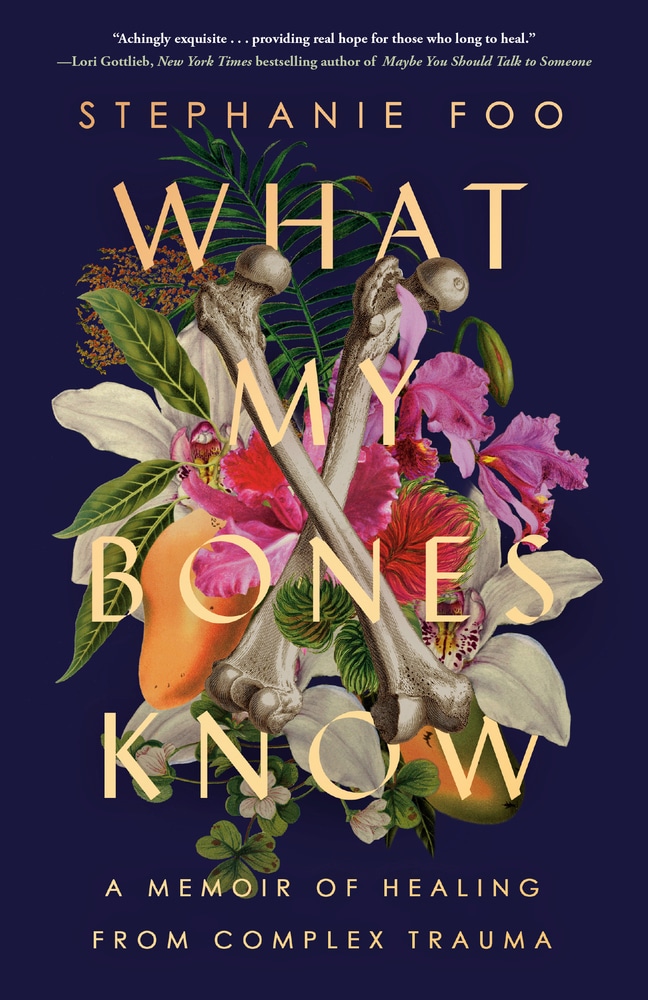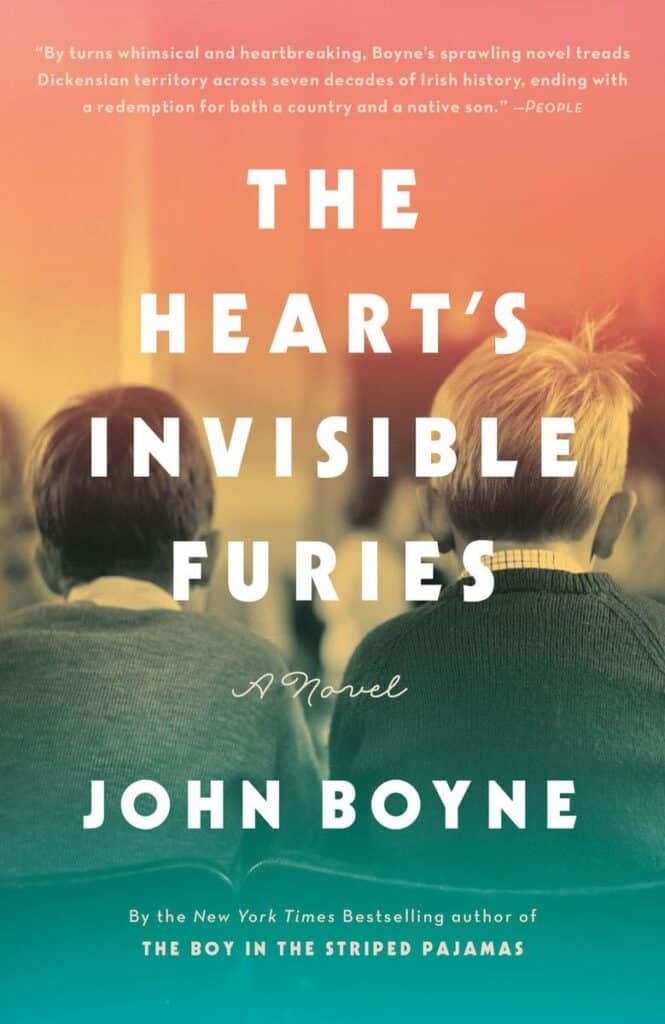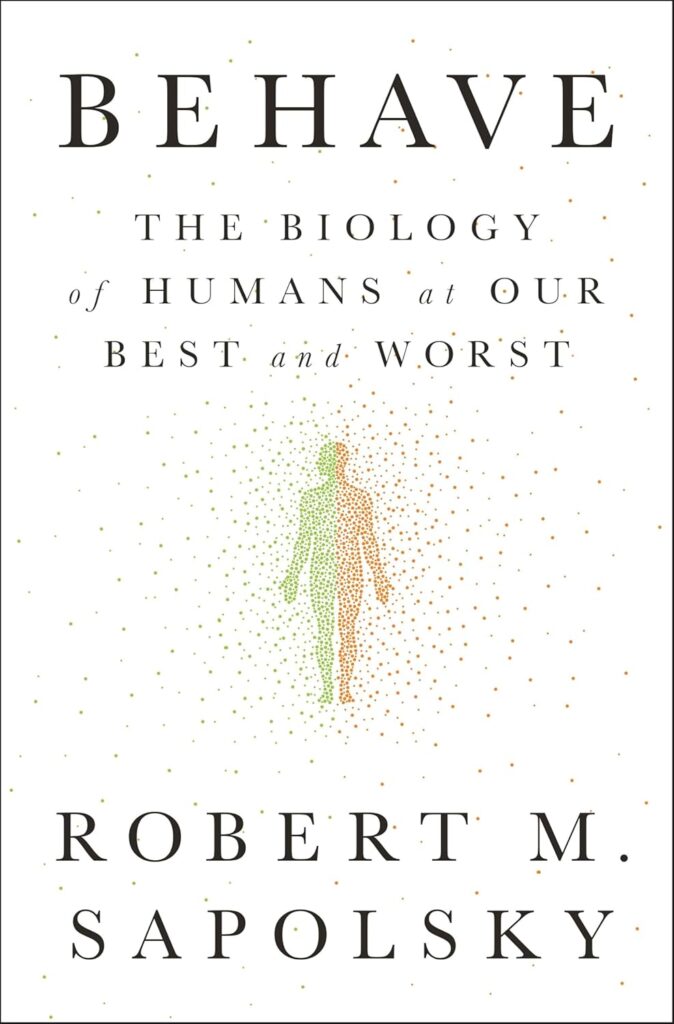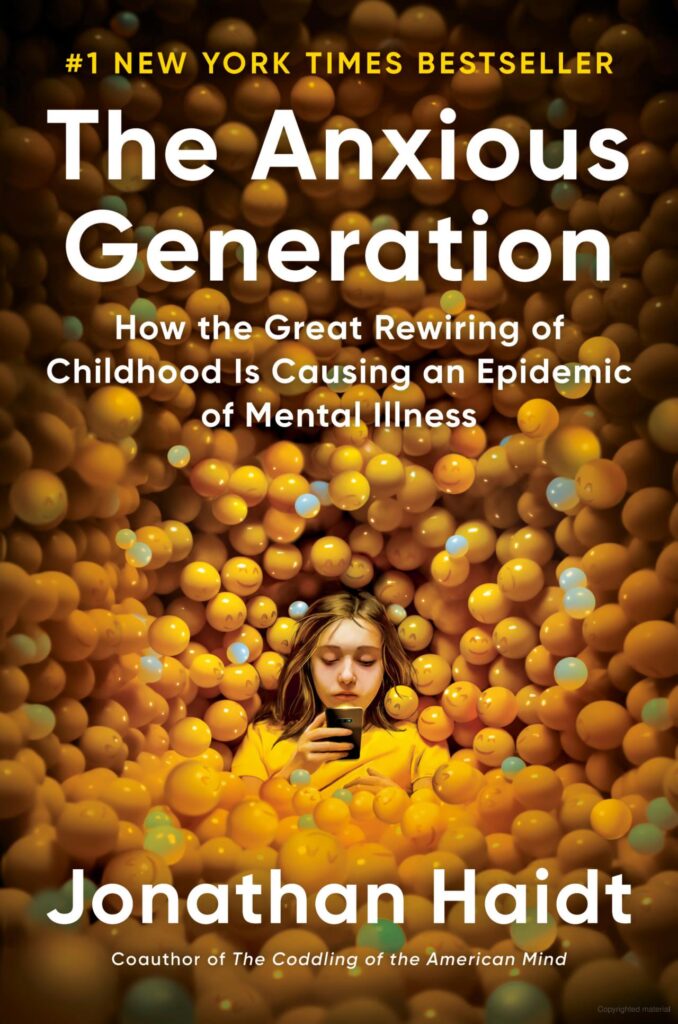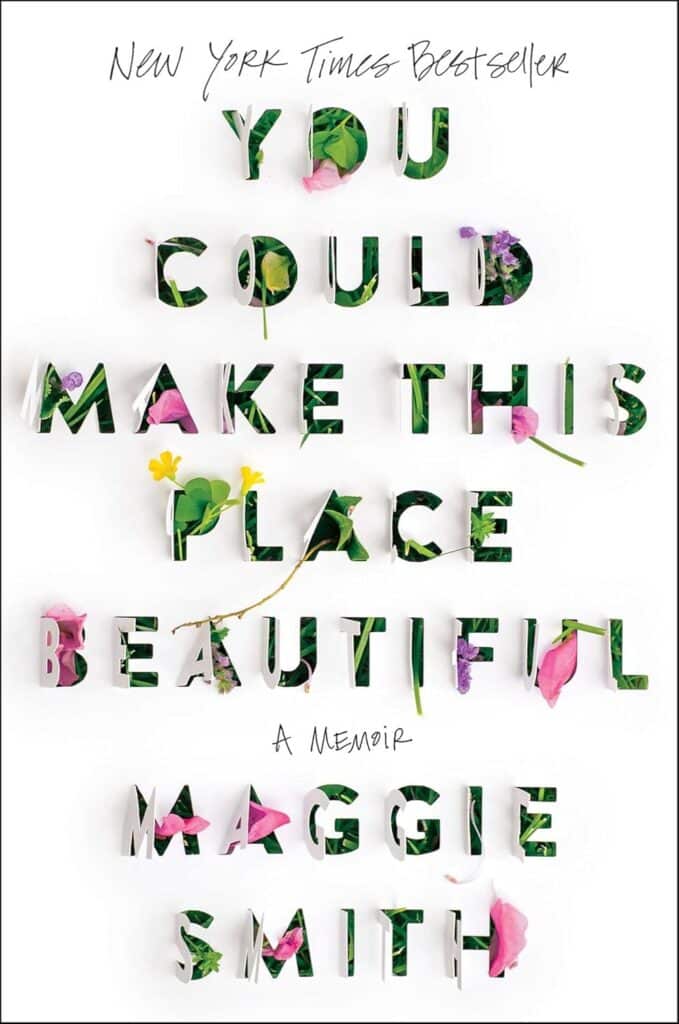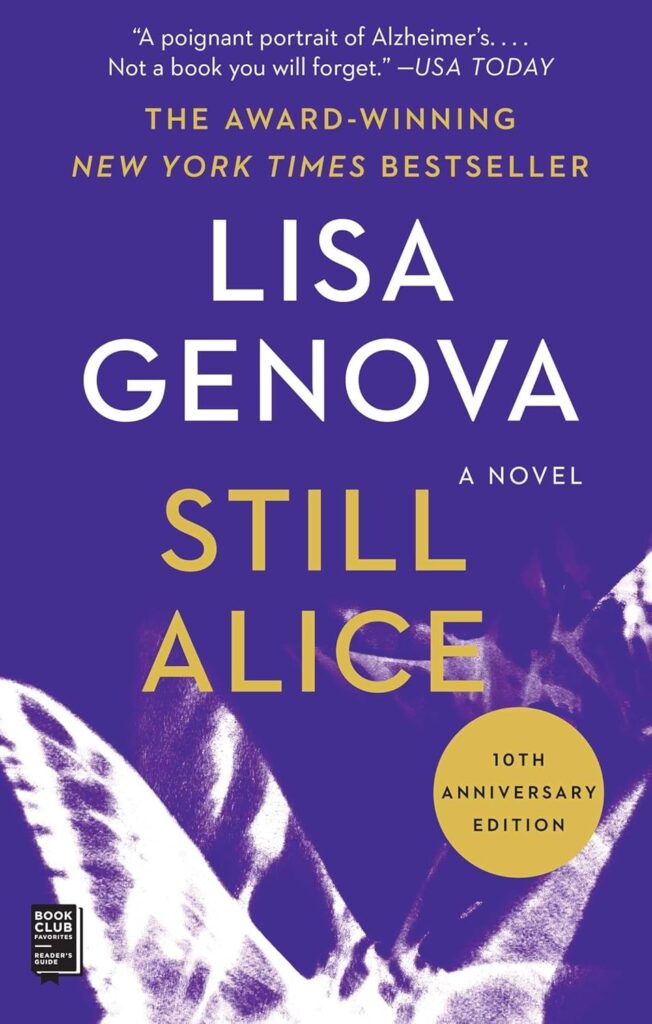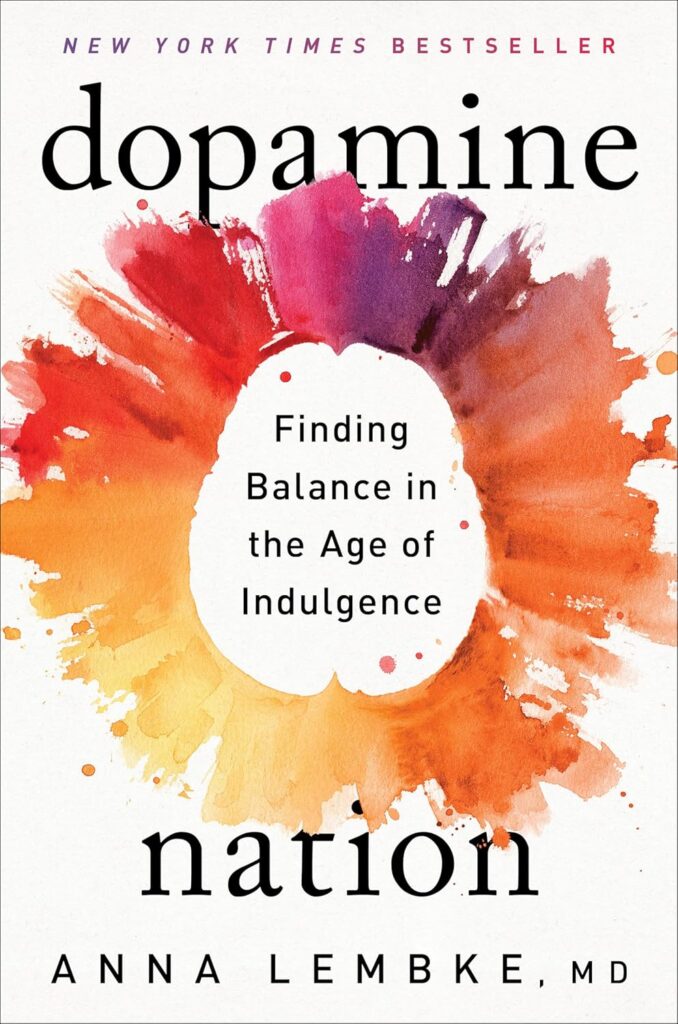Few things beat the simple pleasure of sinking into the couch with a book that grabs you and doesn’t let go. We’d like to share with you Wildflower therapists’ most recent favorites, ranging from fiction to non-fiction, heartwarmingly tender to laugh-out-loud funny—books that moved us, made us think, and kept us turning the pages late into the night. Happy reading!
An absolutely magical poetry book by Kate Baer about motherhood, friendship, aging, and life. It will take your breath away!
In To Have and to Hold, Molly Millwood, PhD describes the transition into the “messy, beautiful, and chaotic life” of parenting and isn’t afraid to discuss the losses and struggles that come along with the joys of motherhood.
An authentic and easy to digest book that pulls back the curtain on ADHD, seeking to reduce shame and increase acceptance. Helpful for both those diagnosed with ADHD and their loved ones.
A powerful memoir by Stephanie Foo that chronicles her journey of understanding and healing from complex PTSD, offering a raw, insightful exploration of trauma, resilience, and self-discovery.
A sweeping, poignant, and darkly humorous novel that explores the themes of resilience, grappling with one’s identity, and the transformative power of human connection.
A fascinating book that weaves together psychology, primatology, sociology, and neurobiology to shed light on human behavior, seeking answers to the fundamental question: why do we do what we do?
The Anxious Generation by Jonathan Haidt is a powerful investigation into how smartphones, social media, and a shift away from independent play have rewired childhood and are responsible for the mental health crisis among today’s youth.
You Could Make This Place Beautiful by Maggie Smith is a lyrical, unflinching memoir that explores the unraveling of a marriage and the reclamation of self. It’s a meditation on resilience, creativity, and the beauty that can emerge from heartbreak.
A deeply moving novel that portrays the harrowing descent of a brilliant professor into early-onset Alzheimer’s, offering a powerful, compassionate glimpse into the fragility of memory and identity.
An exploration of the neuroscience of pleasure and pain, revealing how our modern pursuit of instant gratification is fueling addiction and other problems—and what we can do about it.


